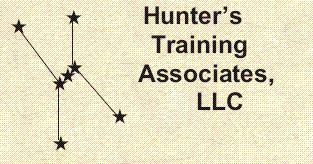
Advanced Topics in z/OS JCL - Course Objectives
On successful completion of this course, the student, with the aid of the
appropriate reference materials, should be able to:
- Describe the major components of the z/OS operating system, including JES Readers,
Writers, Initiators, the role of the Interpreter, the purpose of Allocation, and how Work Load Manager
tries to tune your system
- Code JCL statements to accomplish work in the z/OS environment
- Code DD statements for multi-volume tape and disk data sets and HFS files
- Debug common JCL-related errors in running jobs
- Create and maintain private libraries (IBM partitioned datasets) using common IBM
utility programs: IEFBR14, IEBCOPY
- Copy files for backup, restore, and testing purposes using the IBM utility program IEBGENER
- Use some of the non-VSAM services of IDCAMS, the VSAM utility
- Code the OUTPUT JCL statement to produce multiple groups of SYSOUT files
- Code cataloged procedures, including the use of symbolic parameters and defaults
- Create and use Generation Data Groups (GDG)
- Create JCL capable of being step-restarted, if possible
- Describe the implications of Storage Management Subsystem (SMS), including PDSEs
(Partitioned Data Set, Extended)
- Use the newer elements of JCL: IF / THEN, ELSE, ENDIF, SET, INCLUDE, JCLLIB statements,
nested procedures, and symbolic parameters in open JCL
- Use JES2 or JES3 control statements in the appropriate environment
- Use advanced features of the Sort, including using the symbolic name capabilities and
producing multiple sort output files in a single run.
B620 / 3 Days
These Materials © Copyright 2012 by Steven H. Comstock
Materials version: V5.x
Course description
Topical Outline
JCL curriculum
Home page
This page last updated: 31 July, 2014
Copyright © 2014 by Hunter's Training Associates, LLC
